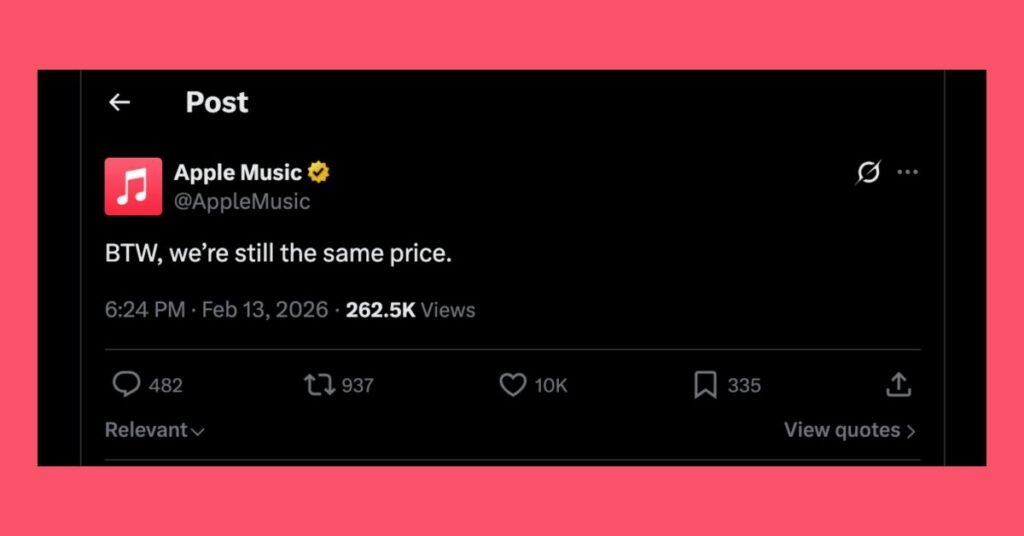Matt Richtel grapples with how modern life is warping adolescence

Social media can bombard adolescents with people to judge themselves harshly against
Alys Tomlinson/Getty Images
How We Grow Up
Matt Richtel (Mariner Books)
The true story at the start of How We Grow Up, the latest book by Pulitzer-winning journalist Matt Richtel, is chilling to read as a parent of children nearing adolescence.
Elaniv was a happy, effervescent girl. But when puberty kicked in, she began to change wildly, and for no obvious reason. She couldn’t concentrate on her studies and became depressed. Medication didn’t seem to help. Despite her parents’ efforts, she eventually ended her own life. “It was not for a lack of personal relationship, nor for lack of treatment,” her father tells Richtel. “I did the very best I could for my daughter.”
In How We Grow Up, Richtel searches for the roots of a possible mental health crisis among young people today, combining interviews, scientific research, historical data and the voices of key researchers. The book paints a vivid picture of the changes our modern world has wrought on this pivotal transition to adulthood, bringing fresh, formidable challenges.
Adolescence is linked to the onset of puberty and a shift in the balance of key brain chemicals. As young people strive to work out who they want to be, they can become rebellious, moody and impulsive. But adolescence is starting earlier and lasting longer in many nations, with serious consequences, Richtel writes. Two centuries ago, puberty arrived for children in the US some four years later than it does today, for instance. Since 1900, the average age at which girls in the US have their first period has dropped from 14 to 12. Much of that change
Be the first to write a comment.












Postmedia is committed to maintaining a lively but civil forum for discussion. Please keep comments relevant and respectful. Comments may take